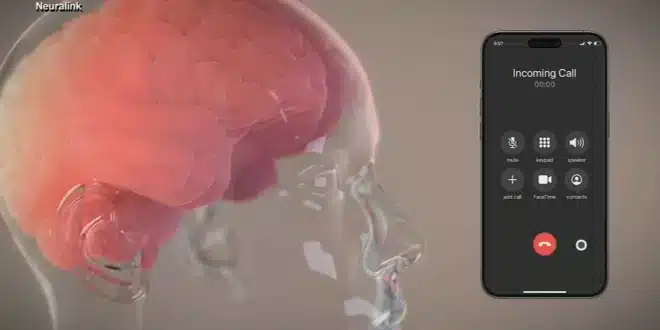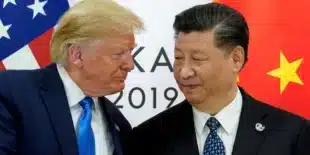Neuralink, the brain chip implant company founded by Elon Musk, has encountered a setback with its first human test subject, Noland Arbaugh. According to a company blog post, shortly after the implant was placed, some of the chip’s connective threads pulled back from Arbaugh’s brain, affecting the device’s data transmission and overall performance. Details about how the detachment occurred were not extensively disclosed, but Neuralink stated that adjustments were made to enhance the implant’s sensitivity and functionality.
Arbaugh, who has been quadriplegic since a diving accident in 2016, received the chip in January as part of the PRIME Study—a trial investigating the safety of the implant and the precision of the surgical robot used during the procedure. The chip is positioned in the brain area responsible for initiating movement and works by capturing and sending brain signals to an app. This technology aims to enable individuals to control digital devices such as a computer cursor or keyboard solely through thought, as initially described by Neuralink.
About a month following the surgery, Musk shared that Arbaugh was able to operate a computer mouse using his mind. Neuralink’s broader vision involves developing brain-computer interfaces that could one day assist paralyzed individuals to use smartphones or computers and potentially help blind people to see by interpreting brain-generated electrical signals into actions.
Musk has referred to Neuralink’s first product as Telepathy and noted that its initial users would likely be individuals who have lost limb functionality. He envisions the technology enabling communication capabilities that surpass conventional speeds, citing the potential for someone like the late Stephen Hawking to communicate more rapidly than typical speech outputs.
However, widespread consumer access to this technology remains in the distant future. Neuralink must first obtain comprehensive regulatory approvals before its implants can be commercially available. Although the company has already secured the Food and Drug Administration’s clearance to conduct trials and has reported the recent complication to the agency, more steps are needed before broader deployment is feasible. This development was first brought to public attention by the Wall Street Journal.


